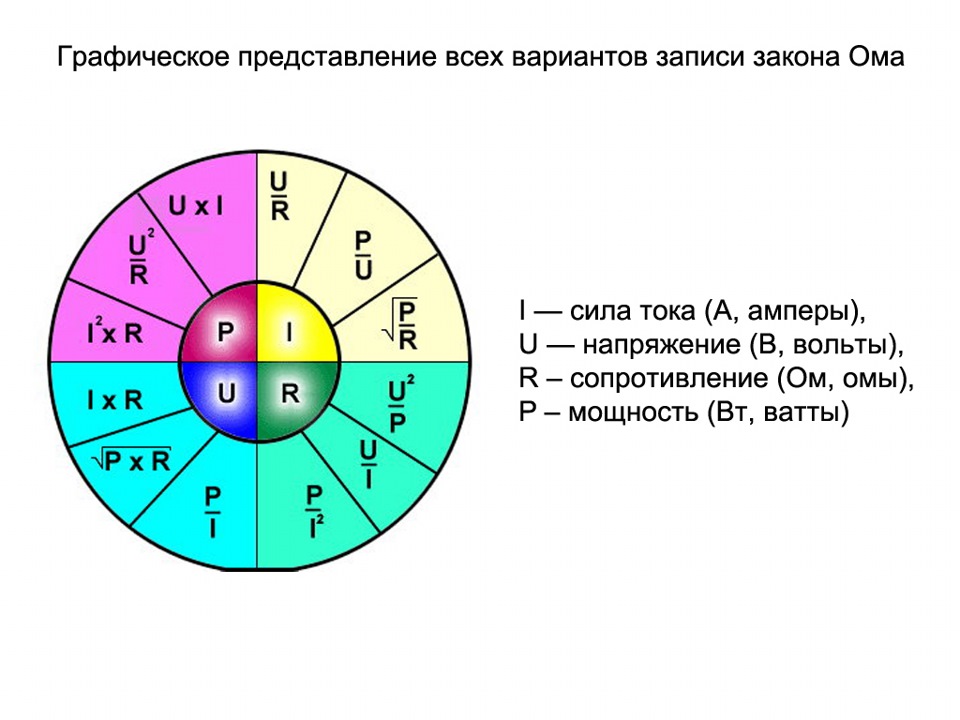Answer the question
In order to leave comments, you need to log in
What does the power of radio elements mean? For example, a 0.25W resistor? And why is it not heated in the circuit like a heating element?
I want to understand electronics / electrical engineering, but so far I don’t really understand the basics. Where to get a normal base, I don’t really know either. Some of the laws of Ohm, J-Lenz, while understanding somehow did not work out. I will then ask what I do not understand, if that makes sense.
Answer the question
In order to leave comments, you need to log in
For a resistor, power is the limiting value for which its case is designed. When this power is exceeded, the resistor overheats and, as a rule, burns out.
A resistor in a circuit heats up if current flows through it. At low currents, heating is very weak (P = I 2 R).
A million books and a huge cart. here it is not necessary to read (we are not engaged in literary criticism), but to delve into / understand the system.
This is the maximum allowable operating power of the radio element.
if in a given operating mode less power "flows" through it, then it heats up less.
And why is it not heated in the circuit
If you do not feel how it is heated, then this does not mean that it is not heated. Take a 2 watt resistor and run 1 amp through it and you will feel it.
The fact is that the heating element takes over everything that is given to it
. Here you connected plus and minus to the resistor, let's say 5A 1A, it will be 5 * 1 = 5W
But if you connect through a resistor, let's say, a small DC motor that is 5V consumes 0.1A, and your resistor is 10 Ohm, then it will output P = i^2 * R = 0.1 * 0.1 * 10 = 0.1W
Therefore, it does not heat up
Didn't find what you were looking for?
Ask your questionAsk a Question
731 491 924 answers to any question